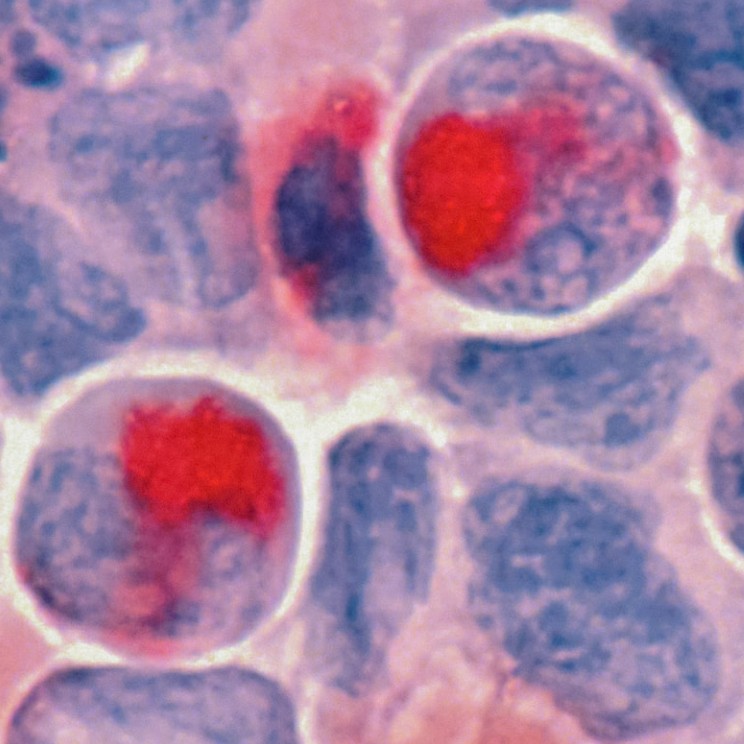Published:
As the medical industry continues to advance each year, experts are seeing significant success in collaborations with Artificial Intelligence; the combination of these two markets is helping many patients get their diagnoses faster and efficiently.
Recent examinations have shown that AI has allowed radiologists to decrease 50% of their workloads. Also, instances of false positives given to patients have lessened. This new advanced system may eventually save millions of lives, specifically as experiments continue to measure how AI takes on cancer.
Breast cancer is one of the most common types of cancer, occurring in over 2.3 million women worldwide each year. In a study recently conducted by Sweden, over 80,000 women were screened for cancer using both AI and standard radiologist tests. The results yielded that AI disclosed 20% more cancers than the radiologist tests did.
As medical corporations in the country began to further evolve, Swedish company Lunit AI developed AI for mammography analyses. They signed a three-year agreement with Sankt Göran’s Hospital at the beginning of 2023 to use their technologies for patient screenings. The company found that detecting breast cancer with Lunit AI, as well as one radiologist, generated the most accurate results. Another study showed that after using Personal Performance in Mammographic Screening (PERFORMS), AI scored high-performance results- with 91% sensitivity and 77% specificity- throughout the mammography reading.
Early stages of lung cancer can also be treated more efficiently if the detection is approved much faster. Researchers at Seoul National University in South Korea are heavily involved in the project to see how AI can assist in cases of lung cancer. However, when dealing with X-ray data, the researchers found that AI failed to detect cancer unless it was given a particular task to look for specific images. Though this outcome was less than ideal, experts still believe there is high potential to improve AI through the implementation of increased settings and features.
It’s not just radiologists that have received supported by AI, however. Medtronic International and Sengkang General Hospital have agreed to conduct research in Singapore to connect AI with colonoscopy screening. As colorectal cancer is one of the most commonly diagnosed cancers in men in Singapore, doctors have always been looking for ways to find early signs of the disease, thereby making it more treatable. With AI now assisting doctors in the search for irregularities during screening, small signs of the cancer- often imperceptible to the human eye- are now being detected more frequently. AI is also strengthening its own algorithms as it starts to see patterns of the early stages of colorectal cancer. This innovation will expedite detection processes significantly, ultimately helping doctors to save more lives.
Recently, Google and the United States Department of Defense have been developing a new microscope, supported by AI, to detect cancer in cells immediately. Called ARM, only 13 of the microscopes have been produced thus far. The cost of the investment has ranged from $90,000 - $10,000. ARM's AI has been developed to create models and outlines of where cancer's location from glass slides. Pathologists are constantly testing the product, which is expected to be made available to the public in the next few years.
This revolutionary product will help set the medical industry standard higher than ever as detection rates increase, exemplifying AI's potential to help medical professionals eliminate any and all forms of cancer.
File under






